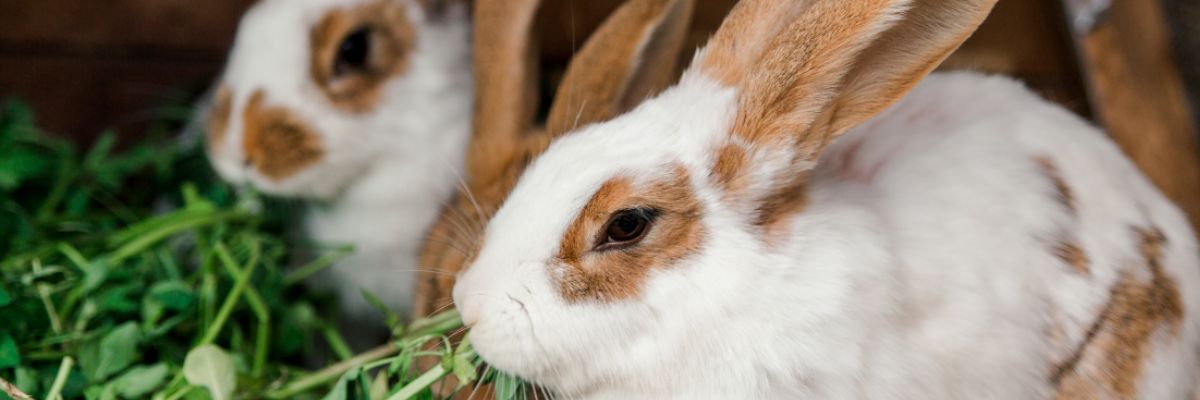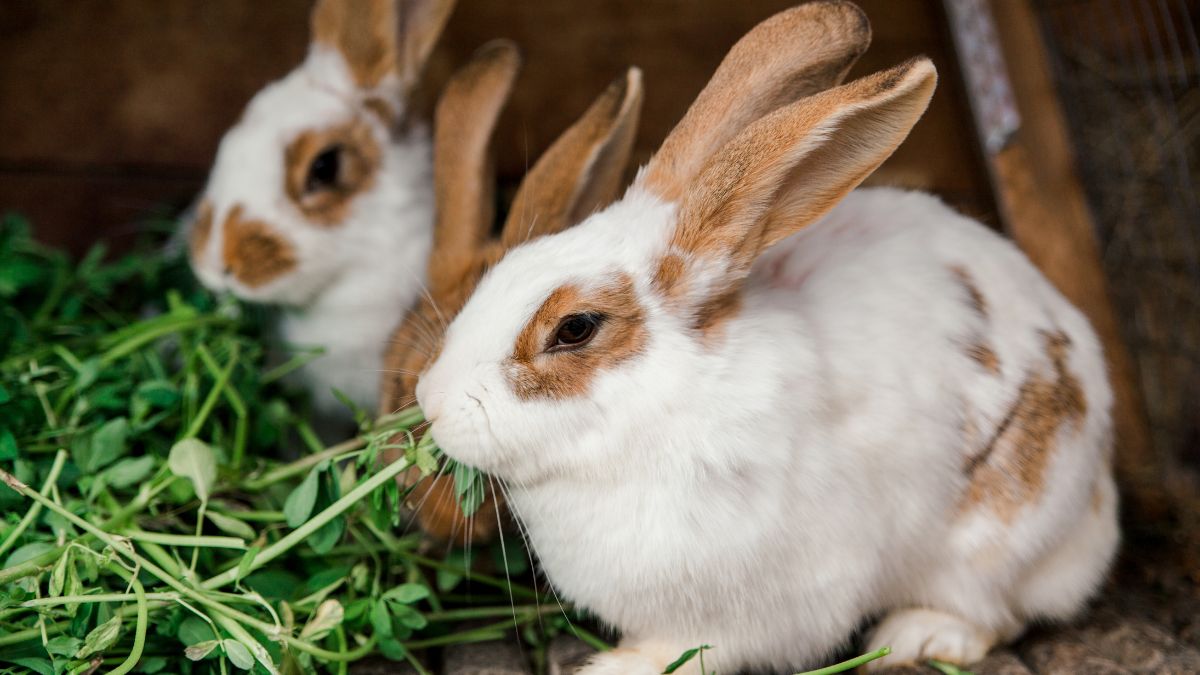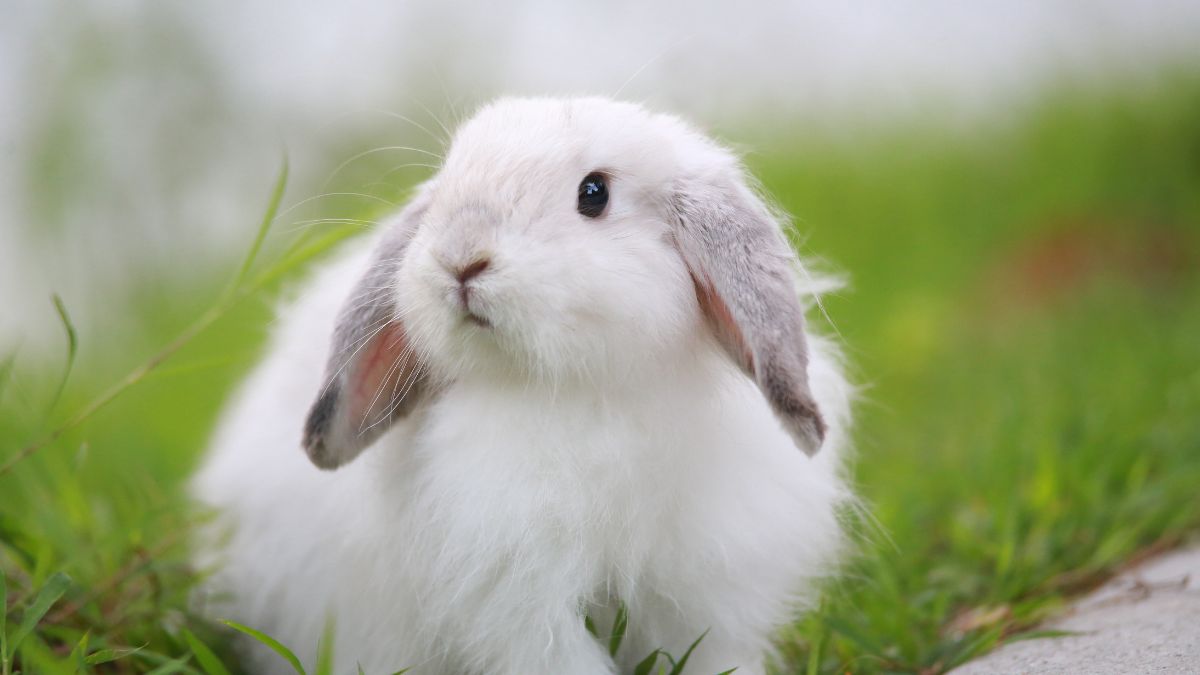
Rabbits are among the most popular pets in the UK, but despite their popularity, their health needs are often misunderstood or underestimated. Many people assume that rabbits are low-maintenance pets, especially when chosen for children.
However, rabbits are complex, sensitive animals that require proper care, a well-balanced diet, and attentive monitoring to stay healthy. Understanding the signs of illness and knowing when to seek veterinary help can make a life-saving difference.
Why early detection matters
Rabbits are prey animals by nature, which means they’re experts at hiding illness or discomfort until their condition becomes serious. This makes it crucial for owners to pay attention to subtle changes in behaviour, appetite, or grooming habits.
While many rabbit health problems are preventable with proper care, others can develop rapidly and require immediate veterinary attention. Below is a breakdown of common rabbit health issues, how to spot them early, and how to reduce the risks.
1. Loss of appetite and gut stasis
A rabbit refusing to eat is always a red flag. Loss of appetite may come on suddenly or gradually and can be accompanied by drooling, swollen abdomen, or changes in droppings. Even a few hours without food can lead to gut stasis, a dangerous condition where the digestive system slows or stops, potentially leading to shock.
Act fast: Any rabbit that hasn’t eaten for more than 4–6 hours should see a vet immediately.

2. Overgrown teeth & dental problems
Rabbits’ teeth grow continuously throughout their lives. Without enough roughage (like high-fibre hay) the teeth can become overgrown or develop sharp spurs that cut into the tongue or gums. This can cause weight loss, drooling, eye discharge, and difficulty eating.
Prevention tips:
- Include fibrous vegetables and a small amount of high-quality pellets
- Provide unlimited access to feeding hay
- Have your vet check their teeth regularly
3. Snuffles (Upper respiratory infection)
Often caused by bacteria like Pasteurella or Bordetella, snuffles is a respiratory illness that can become severe without treatment. Signs include sneezing, nasal discharge, watery eyes, noisy breathing, and lethargy.
What to do:
- Isolate the affected rabbit
- Clean and disinfect their living space
- Seek veterinary treatment immediately
4. Flystrike (myiasis)
Flystrike in rabbits is a devastating condition, which is particularly common during warm weather. It is caused by the Lucilia sericata, or green bottle fly which is attracted to damp fur soiled with urine or soft faeces.
Each fly can lay up to 200 eggs on the skin, usually at the rear end of an animal, which then hatch into maggots within hours. The maggots grow by feeding on the rabbit’s flesh and, collectively, they can get through a large area of skin frighteningly quickly. The rabbit’s bottom, tail, belly and back is usually worst affected.
Prevention tips:
- Check your rabbit’s bottom and belly twice a day in warmer months
- Keep their enclosure clean and dry
- Speak to your vet about preventive treatments made specifically for rabbits
5. Myxomatosis & rabbit viral haemorrhagic disease (RVHD)
Myxomatosis is a virus spread by biting insects including fleas and mosquitoes. These bits can cause swelling of the eyes, genitals, and face.
RVHD is a virus spread between rabbits by direct and indirect contact such as contaminated feed. It attacks their internal organs and causes internal bleeding.
Both of these highly contagious viral diseases are often fatal.
Protect your rabbit:
- Vaccinate from 5–7 weeks of age and annually from then on
- Prevent insect bites with mosquito netting and clean enclosures
- Avoid contact with wild rabbits

6. Head tilt & loss of balance
If your rabbit develops a head tilt, falls over – or circles continuously, it could be suffering from a bacterial infection, inner ear problem, or a parasite called Encephalitozoon cuniculi (E. cuniculi). This parasite can cause neurological symptoms and, rarely, infect immunocompromised humans.
What to do:
- Keep the rabbit in a quiet, dimly lit space
- Seek urgent veterinary care
7. Breathing difficulties
Rabbits breathe quietly and evenly. If you notice wheezing, open-mouthed breathing, or discharge from the nose and eyes, this may indicate a serious respiratory issue or even heatstroke.
Urgent care: Breathing problems should always be treated as emergencies.
8. Paralysis or limb weakness
Injuries such as spinal trauma or nerve damage can lead to partial or complete paralysis. This is not uncommon, as rabbits have delicate bones.
If your rabbit shows signs of limb weakness or can’t stand, consult a vet immediately.
9. Skin parasites: Fleas, mites & lice
Rabbits are prone to parasites like ear mites, fur mites, and fleas, which can lead to itching, hair loss, scabs, and infection if untreated.
Prevention & care:
- Use only rabbit-safe treatments (never those meant for cats or dogs)
- Groom regularly and keep bedding clean
- Quarantine new rabbits before introducing them to others
10. Poisonous plants: ivy, holly, mistletoe
Many common garden plants, including ivy, are toxic to rabbits. Symptoms of poisoning may include diarrhea, loss of appetite, twitching, or even convulsions.
Stay safe:
- Avoid allowing rabbits access to unfamiliar or wild plants
- Learn which plants are toxic and rabbit-proof your garden
Creating a health-friendly rabbit habitat
A healthy rabbit lifestyle includes more than just food, it’s about providing the right environment and social conditions too.
Essentials for a healthy rabbit:
- Unlimited feeding hay
- Fresh vegetables and small portions of complete pellets
- Clean water (in both bottle and bowl)
- Spacious, predator-proof enclosure with shelter from weather
- Dust-free bedding
- Regular grooming and daily health checks
- A companion rabbit (same-sex or neutered)
By understanding your rabbit’s needs and recognising the early signs of illness, you can provide them with the best chance of a long, happy, and healthy life. Always consult your vet if you notice any unusual behaviour, symptoms, or if you’re unsure whether something is normal.
Our emergency and critical vets see thousands of rabbits every year. You can always seek advice from nearest Vets Now emergency clinic or 24/7 hospital if it’s out of hours. When it comes to rabbits, early action can save lives.
We partner with PawSquad online video consultation service to make professional veterinary advice more easily available. While the service is not suitable for life-threatening emergencies, our experienced vets are available to discuss any worries or concerns you might have about your rabbit.

